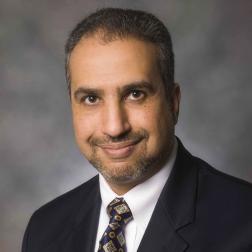Winter Is Coming: Controlled Conflicts and the Oil-Price Geopolitical-Risk Premium

Table of Contents
Author(s)
To access the full paper, download the PDF on the left-hand sidebar.
Abstract
This paper presents a simple dynamic growth model of investment, consumption, passive military spending, and active military spending for an oil-exporting country. Passive military spending (arms buildup) adds to security, while active military spending (conflict) depletes it, but adds to output and hence civilian capital (as a proxy for geopolitical risk premium in oil prices) in a non-monotonic way (some geopolitical risk is good for an oil exporter, but too much risk is not). It is shown that when the risk premium is sufficiently small, the optimal policy function does not support any positive active military spending at any level of civilian capital and security. However, with a sufficiently high geopolitical risk premium, the model country engages in controlled conflict (positive active military spending) when civilian capital is low. A controlled conflict in the latter case can shift the production function up, allowing the country to boost its consumption and arms buildup. This explains the big increase in the geopolitical risk premium following the Arab Spring, which included, among other disruptions, a military intervention by Saudi Arabia in Bahrain, as well as the smaller geopolitical risk premium following the recent Saudi-led war against the Houthis in Yemen. If oil prices remain low, depleting the civilian capital of Saudi Arabia and other oil exporters, it may be rational, according to our model, to expect greater military activity, both to deal with geopolitical risks in the region, and to boost oil prices through the geopolitical risk premium.
This material may be quoted or reproduced without prior permission, provided appropriate credit is given to the author and Rice University’s Baker Institute for Public Policy. The views expressed herein are those of the individual author(s), and do not necessarily represent the views of Rice University’s Baker Institute for Public Policy.



